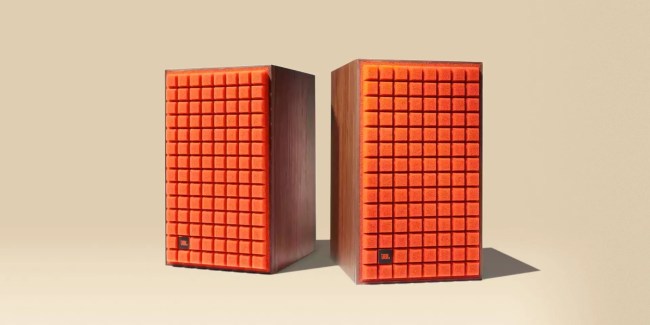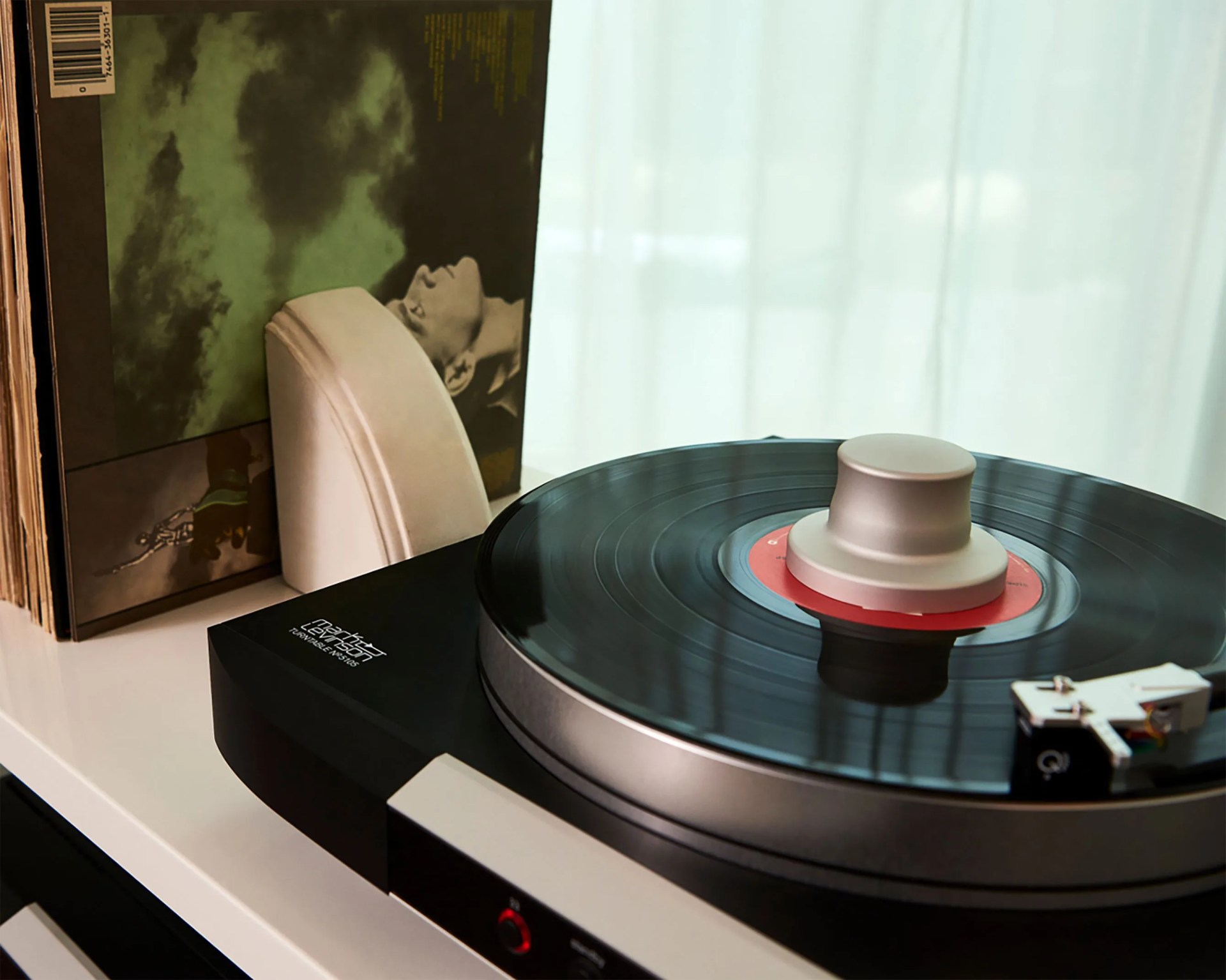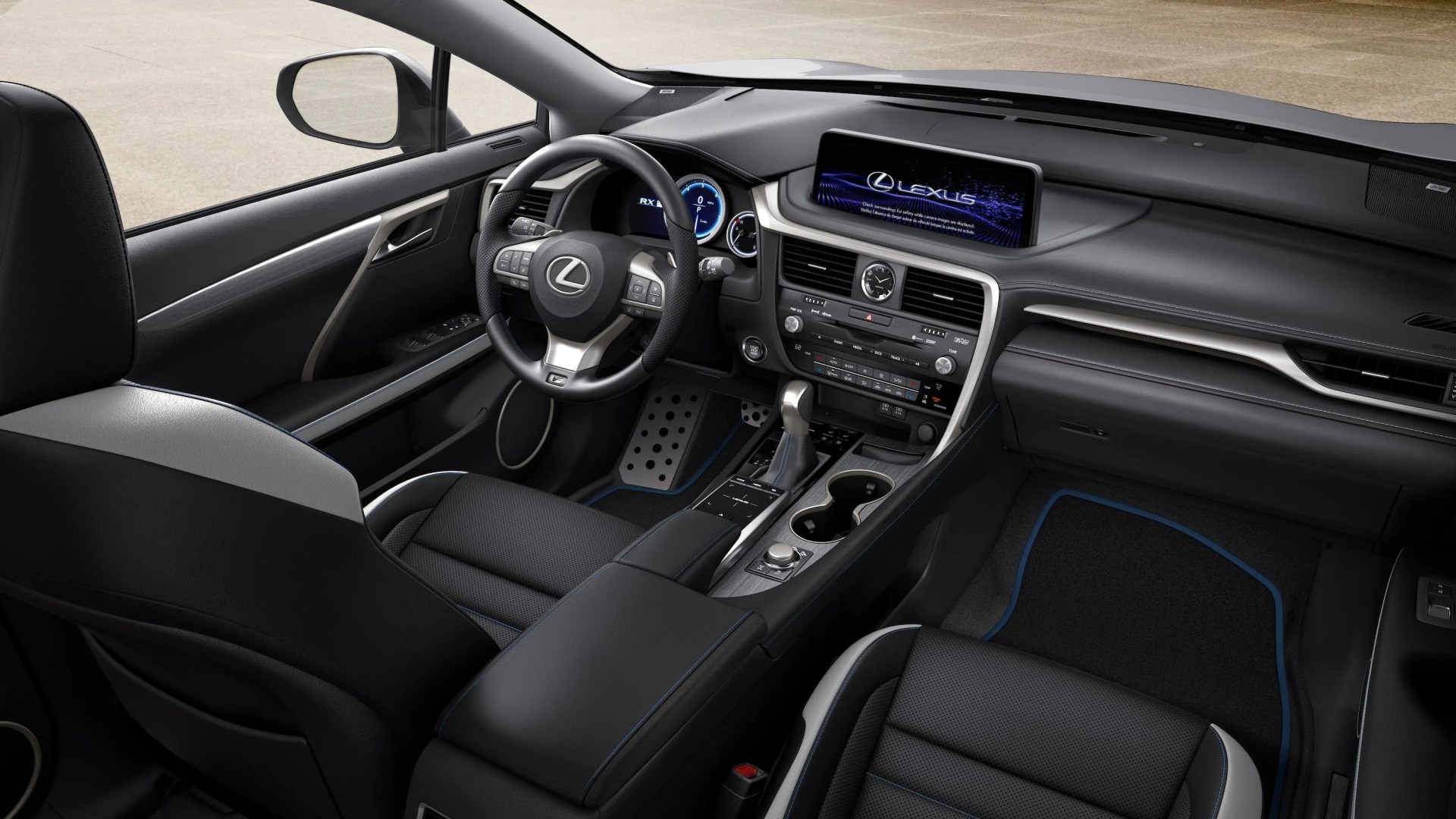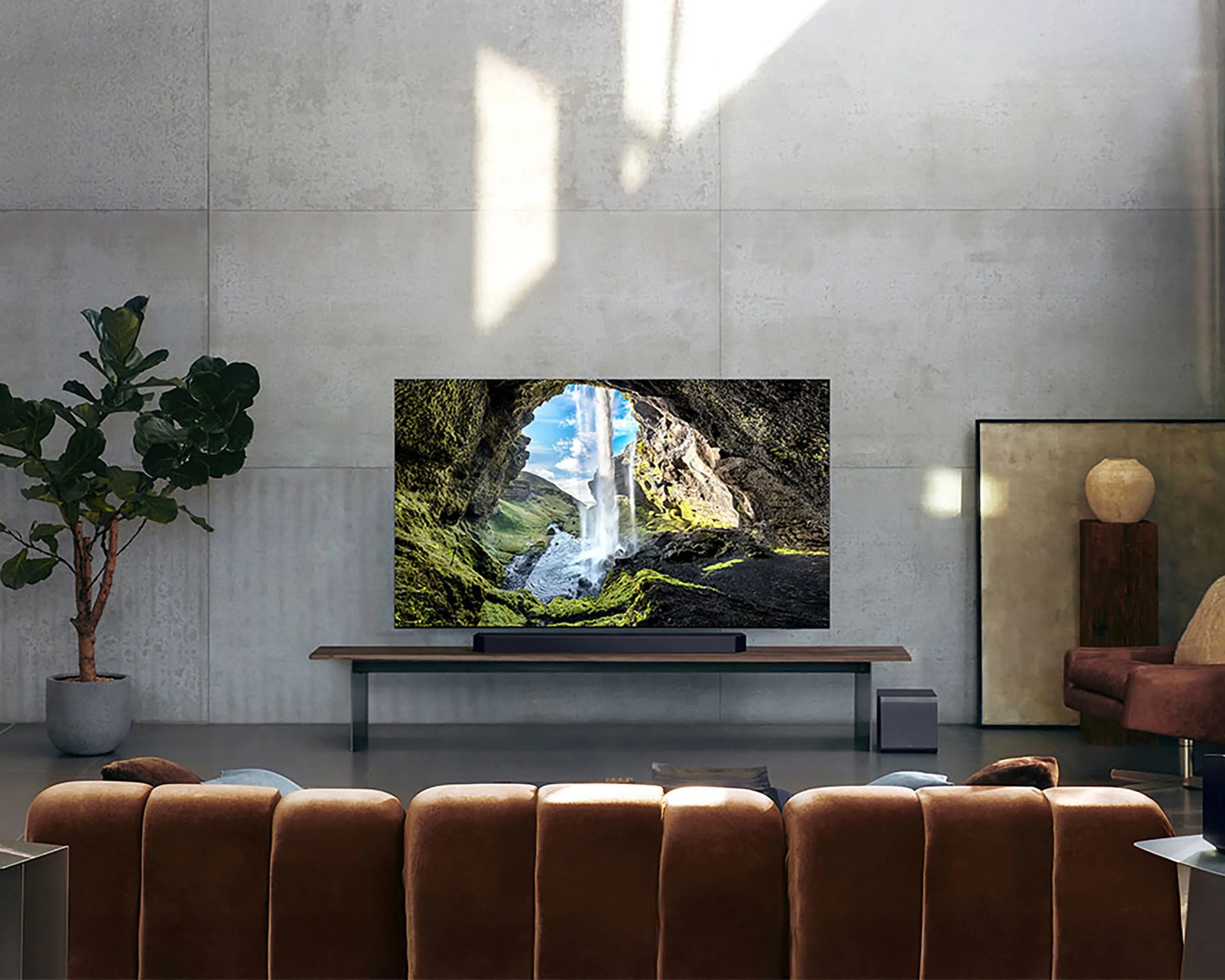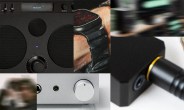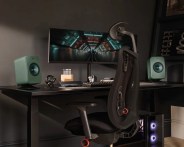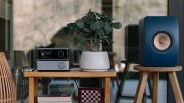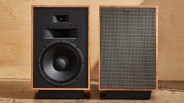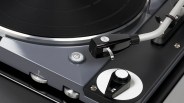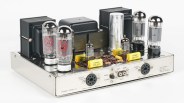Big news out of the world of high-end audio.
This week, it was announced that Harman International will be acquiring Sound United — the conglomerate that owns several heritage hi-fi brands such as Marantz, Bowers & Wilkins, Denon and Polk Audio — for $350 million.
It’s noteworthy for a few reasons.
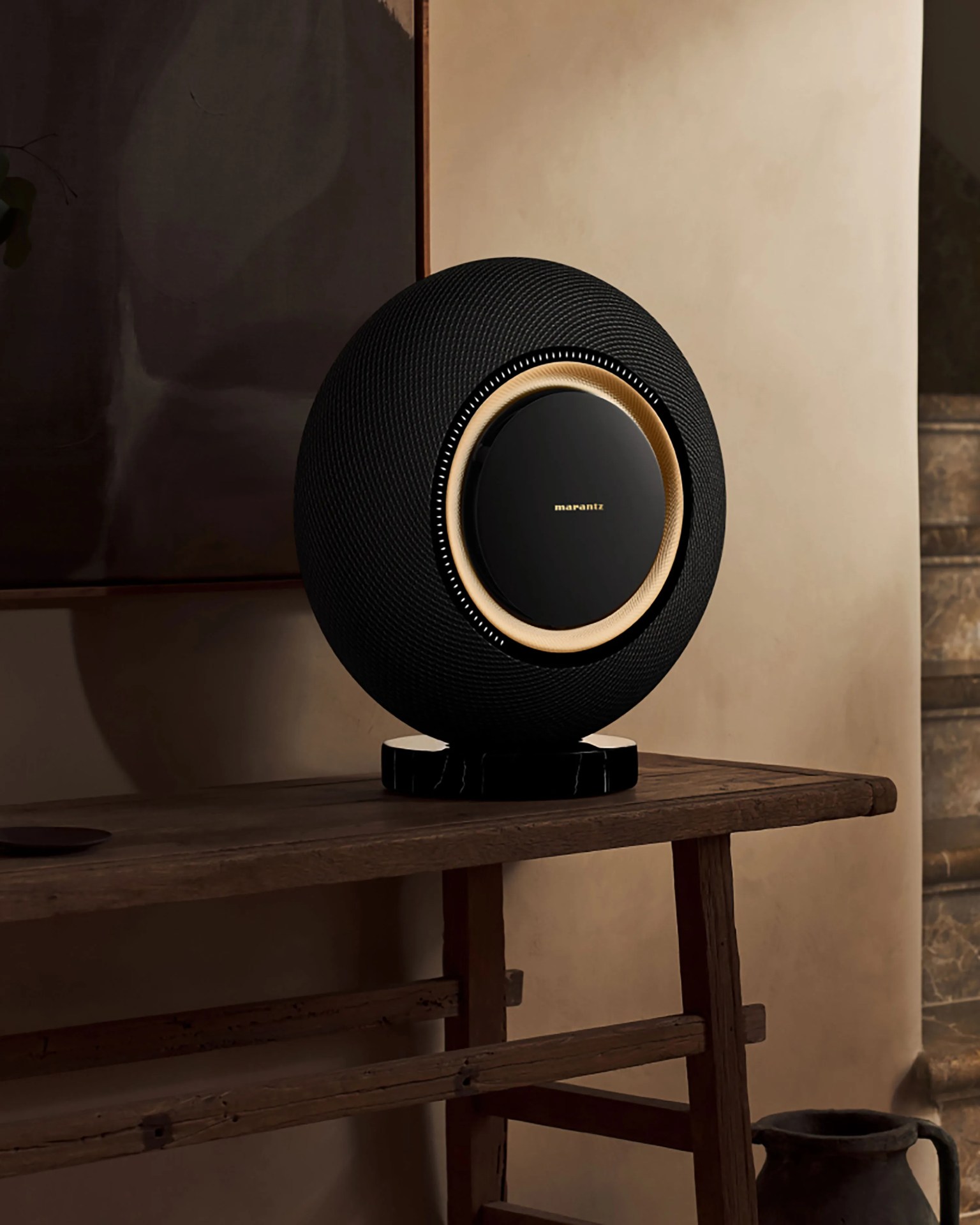
A surprising, rising hi-fi giant
First, Harman International is acquiring Sound United from Masimo — the healthcare giant probably best known for its recent widely publicized patent dispute with Apple regarding the Apple Watch’s blood oxygen technology — which had previously bought Sound United for $1 billion in 2022.
So, in a sense, Harman International is getting a great deal on these legacy hi-fi brands by acquiring them for significantly less.

